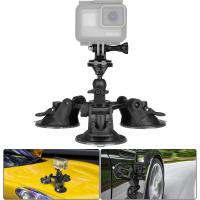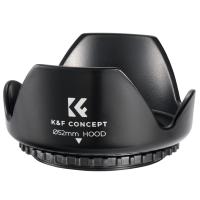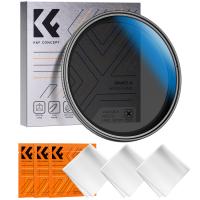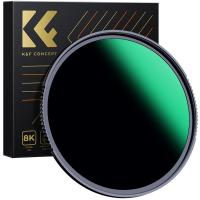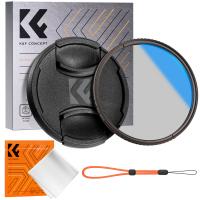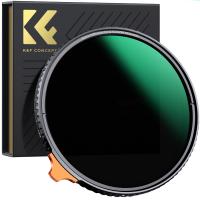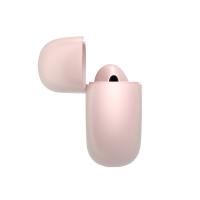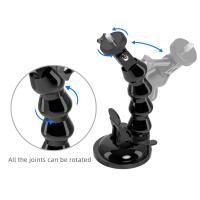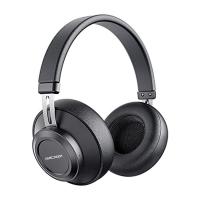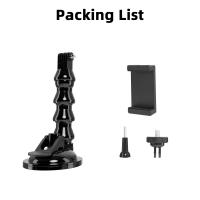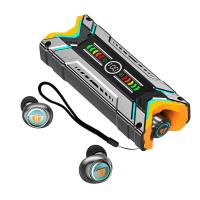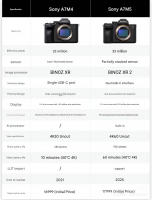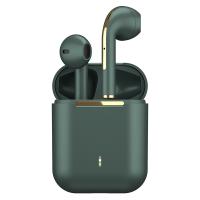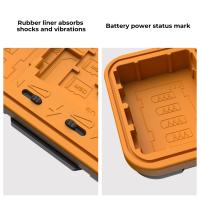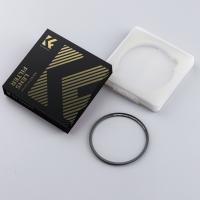How Long Do Car Speakers Last?
When considering the lifespan of car speakers, there are numerous factors one must consider, including the quality of the speakers, the conditions under which they are used, and how they are maintained. The longevity of these components in your vehicle is not only a matter of how often you use them, but also how you treat them during that use. In this article, we will explore these factors, examine ways to prolong the lifespan of car speakers, and help you understand when it might be time to consider replacing them.
Factors Affecting the Longevity of Car Speakers

1. Quality of the Speakers
The first factor contributing to the lifespan of car speakers is their quality. High-quality speakers from reputable manufacturers are built to last longer due to superior materials and construction techniques. These speakers often have better resistance to environmental factors such as heat, cold, and humidity. Conversely, cheaper, low-quality speakers are likely to deteriorate faster as they're made from less durable materials and might not withstand the varying conditions of a car's interior as well.
2. Environmental Conditions
Car speakers are exposed to a variety of environmental conditions, especially temperature fluctuations. In regions with extreme temperatures, whether hot or cold, the materials in car speakers can contract or expand, potentially leading to damage over time. Humidity can also affect the lifespan of car speakers, especially if they are not properly sealed and moisture accumulates inside them.
3. Usage Patterns
How often and how loudly you use your car speakers also affects their lifespan. Consistently playing music at high volumes can lead to quicker wear and tear of the speaker components. Long periods of intense use cause the speaker's mechanical parts, like cones and coils, to deteriorate much faster compared to moderate usage patterns.
4. Maintenance and Care
Maintenance is often overlooked, but it's crucial for the longevity of car speakers. Regular dusting and cleaning can prevent the buildup of grime and dust, which can affect sound quality and mechanical functionality over time. Additionally, ensuring connections, such as the wiring and mounting systems, are secure and in good condition, can prevent additional wear.
Estimating Lifespan
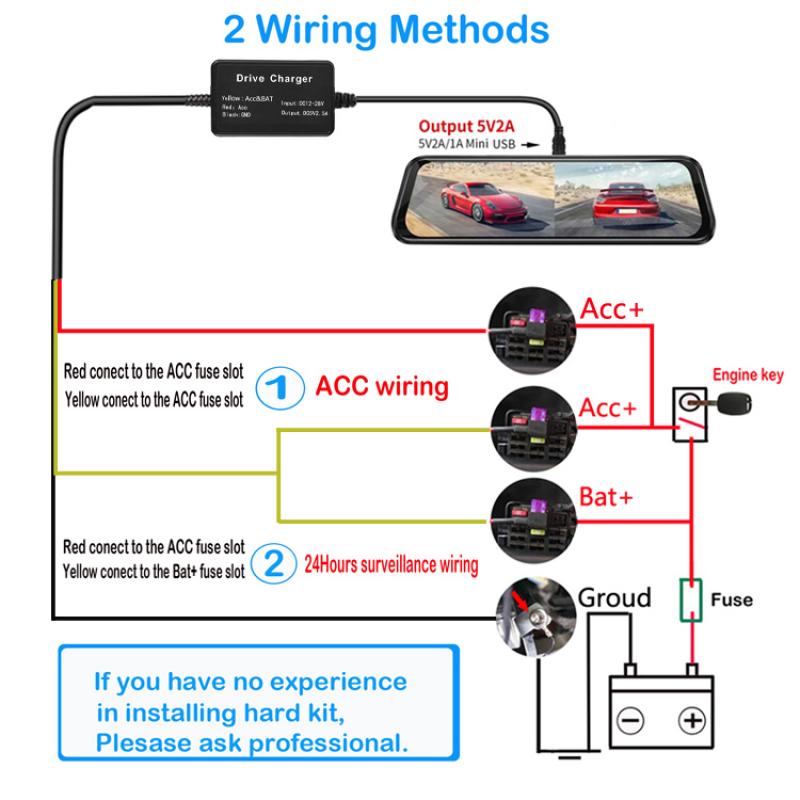
On average, quality car speakers can last between five to ten years if properly maintained and used under normal conditions. However, for those seeking optimal performance or who subject their speakers to heavy use, this lifespan may be reduced.
Signs It’s Time to Replace Your Car Speakers

- Distorted sound: One of the most direct signs that car speakers are in need of replacement is distortion or sound quality deterioration, even at moderate volumes.
- Lack of power handling: If the speakers cannot handle the power output from your car’s audio system, it’s a clear indicator that the speakers are likely on their way out.
- Visible damage: Check for physical signs, such as tears in the speaker cones or damaged speaker surrounds.
- Decreased volume levels: A noticeable drop in volume output without adjusting settings can indicate speaker wear.
Prolonging the Life of Your Car Speakers
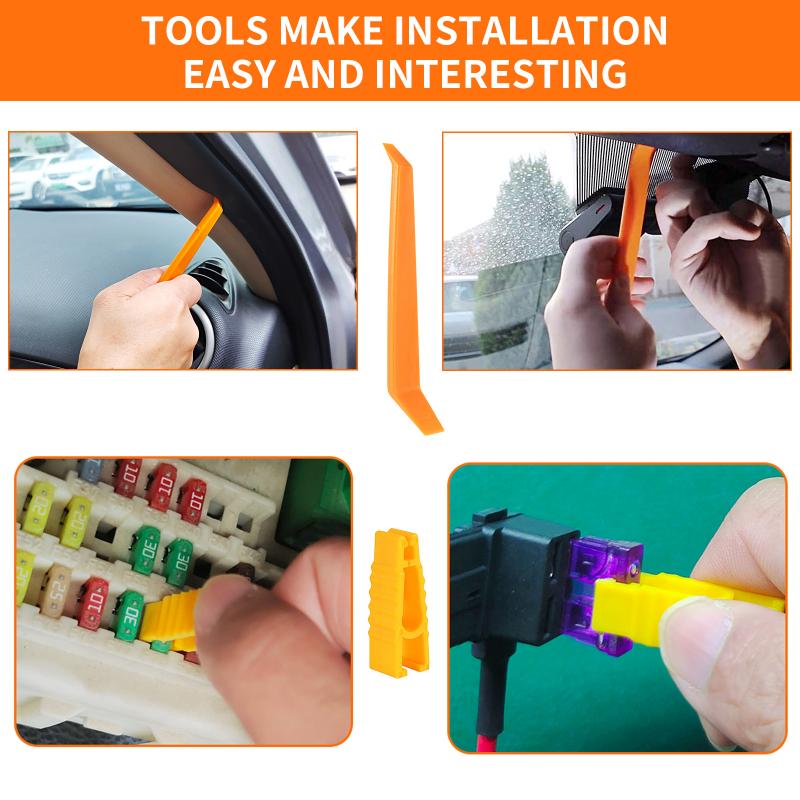
1. Choose the Right Speakers
Investing in high-quality speakers from reputable brands is the first step. These options not only provide better sound quality but also are generally more durable.
2. Use with Care
Avoid consistently playing music at maximum volume levels. Keeping the volume to a reasonable level not only prolongs speaker life but also protects your hearing.
3. Maintain Regularly
Develop a routine to dust and clean around speaker areas to prevent the buildup of dirt and debris. Be gentle while cleaning to avoid damaging delicate parts like tweeters or dust caps.
4. Protect from Extreme Conditions
Try to park in shaded areas if possible, or use sunshades to minimize temperature fluctuations within the car if you live in areas with extreme temperatures. If your car is parked in the open, a vehicle cover can also help protect its interior, including the speakers, from harsh environmental elements.
5. Consider Additional Equipment
Amplifiers can help regulate power more efficiently, reducing strain. Additionally, high-pass filters can protect from low bass that speakers are not designed to handle.
In summary, the lifespan of car speakers varies significantly based on quality, usage, environmental conditions, and maintenance practices. By choosing quality speakers and taking proactive measures to maintain them, you can enjoy optimum sound quality for a much longer period. Being vigilant about changes in sound quality or physical condition, and acting early when replacements are necessary, not only extends their functionality but also enhances the overall driving experience. Investing a little time and effort into understanding and caring for your car’s audio system can thus translate to years of enjoyment on the road.
Considering these factors, car owners are better equipped to not only gauge how long their current speakers will last but also strategically plan for replacements and upgrades, ensuring that both budget and audio preferences are met. With attention to detail and proper care, your car's audio system can provide high-quality sound that complements every journey you undertake.








